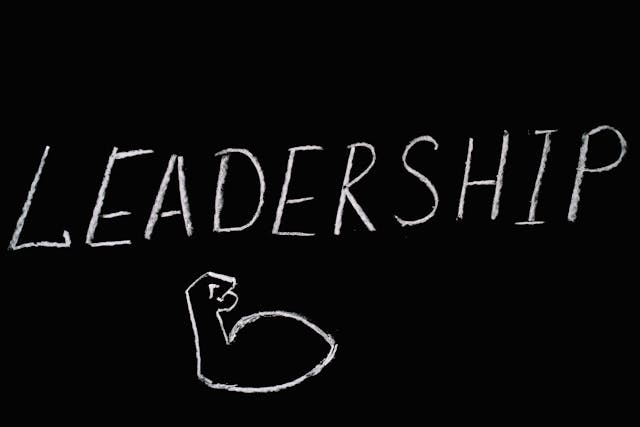Table of contents
- Types of boundaries
- Symptoms of lack of boundaries
- How to set healthy boundaries?
- Benefits of setting boundaries
- Few more tips and tricks
- Setting boundaries in different settings
Boundaries helps decide where to start and where to end. Healthy boundaries gives you a sense of well- being. "Boundaries are separation that humans need- mentally, emotionally and physically - to feel safe, valued and respected," explains Carl Marie Manly.
Types of boundaries
- Flexible boundaries (soft boundaries): those things where you can negotiate or compromise are called as soft boundaries. Suppose you want a dress from your wishlist cart but you would want a better deal. Then you can wait for a price drop or, might not buy it for the hike of its price.
- Hard boundaries: those things where you deny to negotiate or compromise. For example you would never be friends with a drug addict.
Few common signs which indicates lack of boundaries are mentioned below:
- Seeking for people pleasing attitude and remaining constantly concerned about others opinion.
- Fear of being rejected makes you settle for less then you deserve.
- Accepting public insults by the people who loves to mistreat others publicly or in private.
- Always saying "yes" even when your inner self is screaming a "no" as you lack the confidence to deny somebody.
- Not able to speak up for yourself even if it hurts you financially, emotionally.
How to set healthy boundaries?
- Maintain clarity: what you do not like take it as a sign that you need to set boundaries here. Keep noticing yourself and be clear with your feelings.
- Take small steps: it is always advisable to take small steps when you are doing it for the first time. In the beginning it can be tough and uncomfortable but with practice you will get better at it.
- Be simple: ask yourself what you like and what you dislike. Based on your feelings keep yourself clear and well communicated. Do not make your instructions too complicated for others to understand.
- Keep practicing: write a few situations where you would like to say 'no' and set your boundaries. Practice in isolation a few times then with your family and friends.
Benefits of setting boundaries
- Stress
- anxiety
- depression
- gives you a sense of security
- fosters robust healthy relationships
Other benefits are:
- Provides stability :setting limits makes you more balanced. You might want to attend a night out party with your friends but sticking to your routine is better for your work life balance.
- You have less complaints: when you have terms and conditions explained with others most probably people are less likely to breach them. You might like to help people but overdoing spoils them and exhausts you. Over dependency frustrates you making you full of resentments. Setting boundaries helps prevent such situations.
Setting boundaries in different settings
- At work:most of us feel awkward to say no in our profession setting. If not done properly it can at times take toll on our mental health.
- Set boundaries for yourself: do not accept working beyond committed hours or under unworkable conditions. Do not tasks you are not suppose to do. Learn to say "no" firm and politely.
- Approach your authorities: keep yourself in touch with authorities of your company. Do not accept any form of ab from your colleague, seniors of managers know whom to approach and when with confidence.
- Be respectful: your need to explain yourself to your parents as an adult with an eye contact, watch your tone.
- Discuss the issues: talk to them what is bothering you. They might understand their irrational behaviour. Having a healthy discussion always helps.
- Avoid gossiping: it is most disturbing to hear something from someone other then you two two friends. This destroys your image trust in your friend's eyes. Keep away from indulging in such activities. It can backfire anytime.
- Address the issue directly: youp find your friend talking bad about you address it with that person directly. Let not any third person get involved between two guys.















